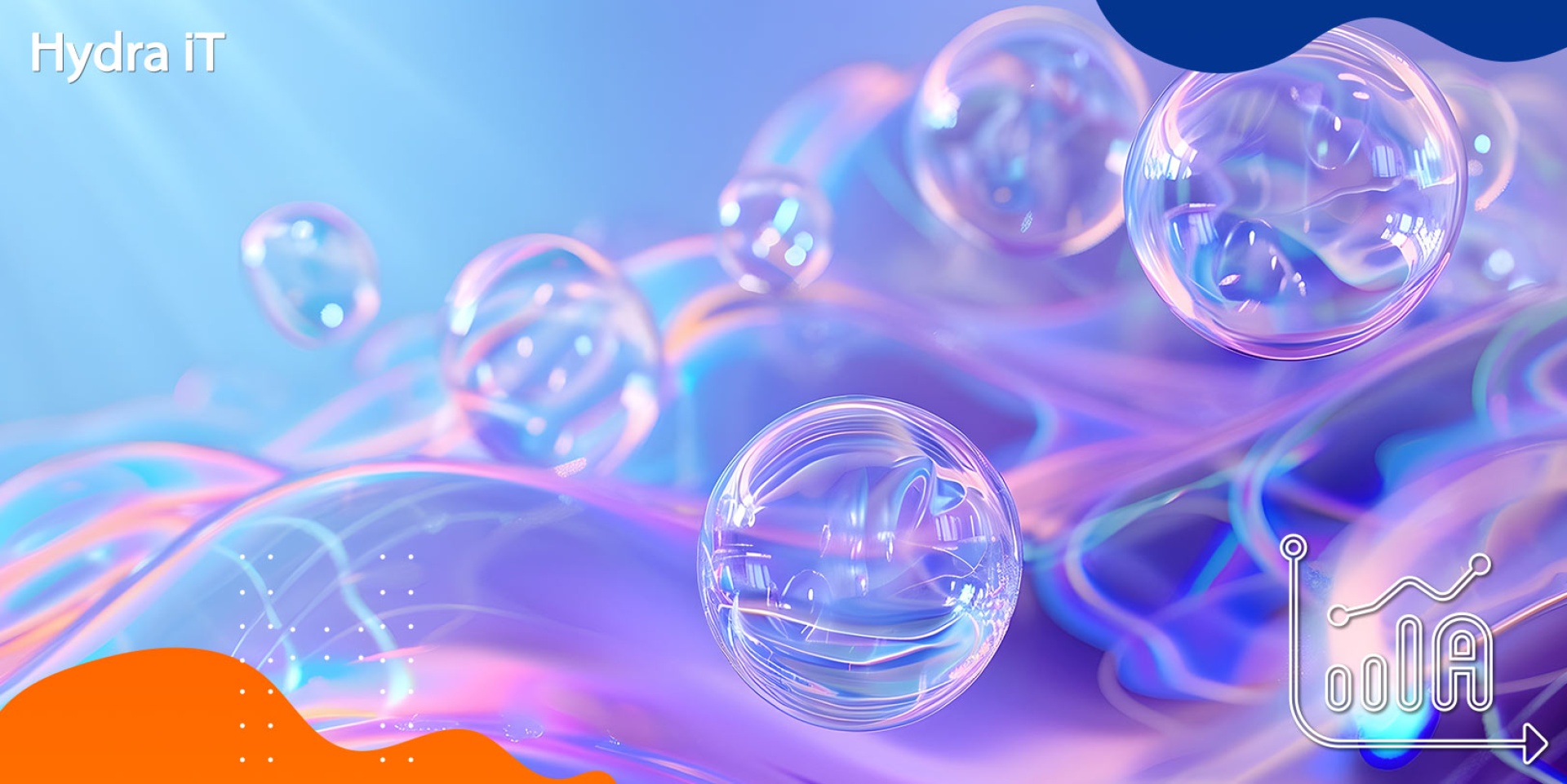6 AI trends in 2025
26-05-2025
Explore the Artificial Intelligence trends shaping this year!

Artificial Intelligence (AI) is expected to simplify professional and personal life by 2025. Microsoft remains committed to helping people build safe AI.
In just the past year, the use of generative AI has increased from 55% to 75% among business leaders and AI decision-makers. New AI tools will bring even more potential.
Curious about what’s coming? Discover six AI trends to watch in 2025.
AI models will become more capable and useful
In recent years, AI models have become faster and more efficient. In 2025, these models can perform a wide range of tasks, such as writing and coding, and can be tailored for specific tasks.Advanced models like OpenAI’s o1 already solve complex problems with human-like logical reasoning, proving useful in science, programming, mathematics, law, and medicine.
These advancements will create new and more useful AI experiences in 2025.
Agents will change the way we work
Employees at nearly 70% of Fortune 500 companies already use Microsoft 365 Copilot for repetitive tasks like filtering emails and taking notes in Teams meetings. In 2025, a new generation of AI agents will do even more, including handling certain tasks on behalf of users.With advances in memory, reasoning, and multimodal capabilities, agents will perform more complex tasks and interact in new ways. Organizations can reinvent processes like report creation and HR tasks, freeing employees for higher-value work. Companies can configure agents to alert about inventory disruptions, recommend suppliers, and execute sales orders.
Anyone can build an agent in Copilot Studio without coding, while developers can create more sophisticated agents in Azure AI Foundry. This will allow organizations to deploy a range of agents that work independently or together to execute and orchestrate processes.
AI will support everyday life
Outside of work, AI is expected to make parts of life easier in 2025. Microsoft Copilot can provide support throughout the day as an AI companion. This means it will help simplify and prioritize tasks to free up more of your time, all while protecting your privacy, data, and security.As Copilot evolves over the next year, it will help you stay more connected and gain new capabilities. Copilot will also assist in decision-making.
And that’s just the beginning. In the coming years, AI experiences will become increasingly accurate and gain better emotional intelligence for smoother interactions.
AI will become more resource-efficient over time
Although AI requires resources like energy, innovative solutions are helping address this challenge. Despite the global data center workload increasing significantly between 2010 and 2020, electricity consumption rose by only 10%.This is partly due to Microsoft’s work with partners like AMD, Intel, and NVIDIA to make hardware more efficient. Microsoft is developing technologies such as custom silicon and liquid cooling systems to efficiently cool AI systems.
In the coming years, new AI-supporting data centers will come online and won’t use water for cooling. Microsoft will also expand the use of ultra-efficient liquid cooling systems.
Microsoft is committed to making AI infrastructure more efficient and sustainable, using low-carbon building materials and carbon-free energy sources like wind, geothermal, nuclear, and solar. The company continues to invest in clean energy solutions for the grids it operates in.
Measurement and personalization will be key to building responsible AI
Measurement and personalization will be essential to building responsible AI. Measuring and assessing AI risks is crucial. Two major developments for the coming year are testing and personalization.By measuring risks and threats, both can be addressed or mitigated, such as detecting and correcting inaccurate responses. Microsoft is developing rigorous testing to ensure AI application safety against both internal and external threats.
People will have greater control over how AI applications operate in their organizations, being able to customize content filters and set appropriate boundaries for their work. For example, a gaming company can define what types of violent content employees are allowed to see.
The future of AI includes greater control and personalization, allowing administrators to adjust Microsoft 365 Copilot settings to ensure content is appropriate for the workplace.
AI will accelerate scientific breakthroughs
AI will accelerate scientific progress, driving advances in areas like supercomputing and weather forecasting. It is enabling historic breakthroughs in scientific research and promises to unlock new capabilities in natural sciences, sustainable materials, drug discovery, and human health.In 2024, Microsoft Research made a significant breakthrough that will allow researchers to explore complex biomolecular science problems, including discovering new drugs with unprecedented speed and accuracy. And AI’s impact on science will continue to grow.
In 2025, one trend is certain: AI will continue to drive innovation and unlock new potential for people and organizations around the world.
Source: Microsoft
Share